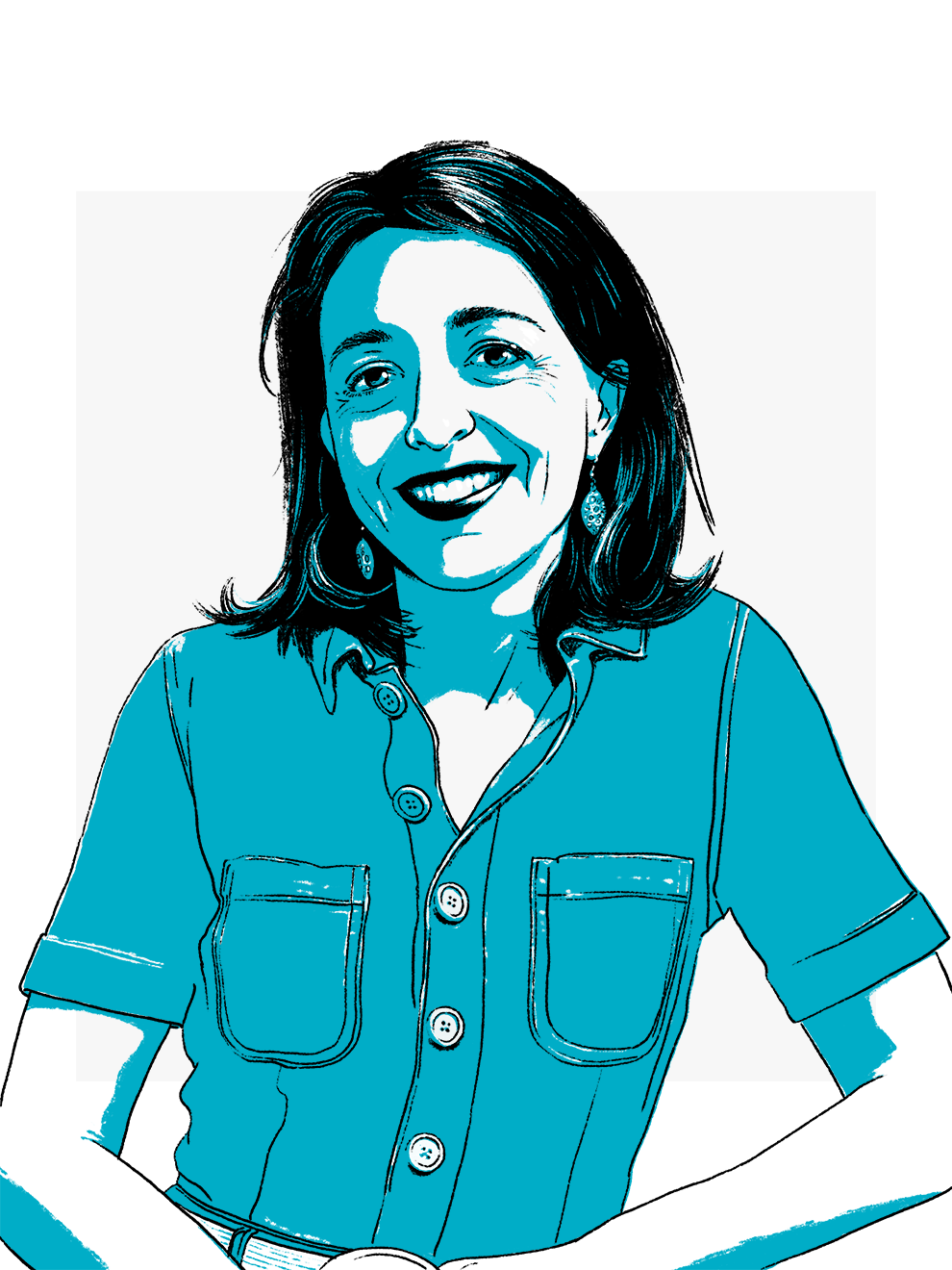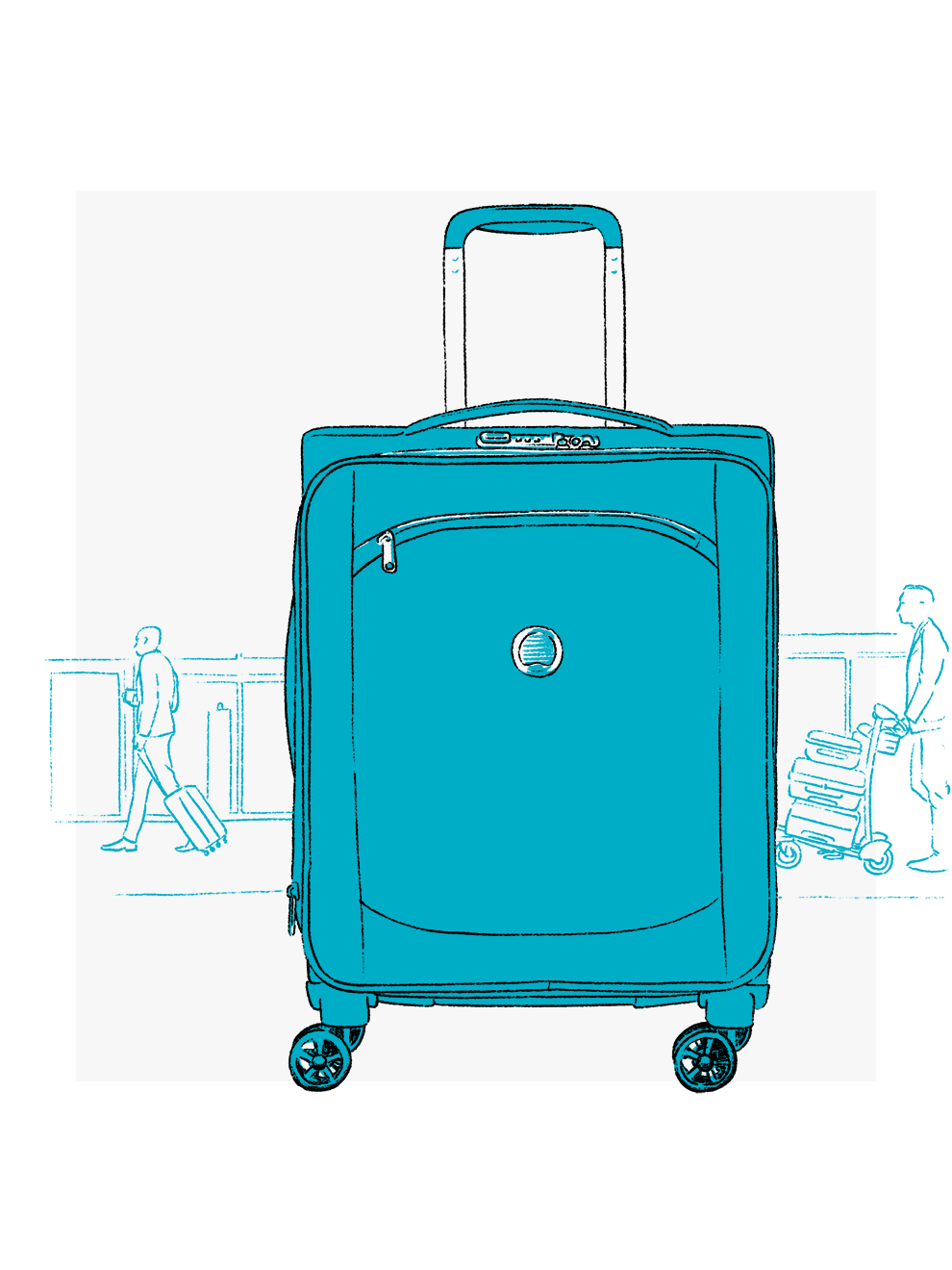Laurence Burckel: the Afrophile
After spending almost 21 years in Africa, Laurence eventually settled in France and started a new life with CFI. Today, she is the Development and Partnership Manager in the Department for Africa and designs projects for tomorrow. She tells us about her day-to-day job, what she loves, the challenges she faces and her hopes for the future.

Laurence, what does your current job at CFI entail?
I am responsible for envisaging the agency’s role and programmes in Africa in the years to come and finding new areas for the agency to expand into. This applies both geographically, for example, we recently expanded into Portuguese-speaking nations, and in terms of issues, we are now tackling the environment. I am also responsible for representing the agency in its dealings with various stakeholders, in particular the French diplomatic services, the European Union and even the GFMD, the biggest international organisation working to promote media development and freedom of the press. My role is to explain CFI’s role, to demonstrate the added value we offer and to encourage people to work with us.
What are the major steps in defining a new project?
Generally, we are contacted by our implementation partners, including professional journalism organisations, private media outlets, community media outlets and regulatory and governing bodies, which present ideas to us. If we think a project is relevant and fits in with CFI strategy, I draft a document, a sort of very precise roadmap, which defines our approach, objectives and resources. This stage can take time and is critical for the subsequent process. Once this document has been written and approved, we then look for donors that might finance the project. We do sometimes fund our own initiatives if there are no clear sources of funding or if we are taking a somewhat experimental approach, since we then have the freedom to test out our ideas. Often, the donors themselves contact us to seek our expertise in implementing a project.

How did you end up working for CFI in 2021?
I studied political science and human rights. I always knew that I wanted to work abroad. Once I had finished studying, I worked for a while in Sahrawi refugee camps in the south of Algeria, then travelled to Southern Africa for the first time. That was in 2000, and I didn’t leave for another 21 years! I have lived in Cabo Verde, Mozambique, Angola and Guinea-Bissau, working for various European consultancy organisations and companies, for example the French Embassy in Mozambique, the European Union, GFA Consulting Group and CESO CI. When I returned to France in 2021 for family reasons, I saw that the agency was looking for a Development and Partnerships Manager for Africa. The post was attractive for various reasons: it was a cross-functional, highly versatile position with frequent travel to Africa and it had strong associations with journalism, a field that has always appealed to me.
And lastly, has this post met your expectations?
Oh yes, absolutely! I’m really happy working for a useful cause and being able to contribute, in my own way, to supporting the freedom of the press, the independence of journalists and access to better information for the public. I also love my day-to-day job for another reason: its connection with Africa. I absolutely love the continent, its culture and anything that brings me closer to it is food for my soul. I sometimes have very intense and busy periods, but the prospect of a trip to Africa helps me to come through! On another level, I also love this job for the great variety of tasks that it offers: I work on very different topics at the same time, with a huge range of stakeholders, in a variety of contexts. The job has also taught me a lot over the last two years, both about being a journalist in Africa, the challenges, the difficulties they face, their inspiration, and about African geopolitics. Before joining CFI, I knew a lot about Southern Africa, but I was less knowledgeable about the situation in the Sahel region and West Africa, shaped, in particular, by the history shared by France and its former colonies. I spend a lot of time reading the press and keep abreast of the news as much as possible so that I have a good understanding of the context of the countries that I work with.
What are the most difficult parts of your job?
I have had to learn to control my frustration. Firstly, my frustration at having to work in France. Even though I travel a lot, around six or seven times per year, I miss Africa. After 21 years living abroad, returning to France was a challenge and I still need to adjust some of my points of reference. The other frustration is more directly linked to my job and the fact that some ideas never see the light of day because of a lack of internal support or funding. It’s always disappointing when a project close to my heart, that I believe in and have worked hard on, doesn’t work out. But that’s how it is: you can’t do everything!
What are the main qualities needed to carry out your duties?
Above all, I think you need to be comfortable working with people, to enjoy being in the company of other people and to take an interest in them. In my representation role, I have to work with lots of different people. This requires you to hold conversations, adapt to the person you are speaking to and enjoy developing contacts. And all this in a range of different languages! It’s also important to be well organised and have a good ability to prioritise.
And what are your hopes for the future?
In terms of the agency, I would like CFI to consolidate its position in English- and Portuguese-speaking countries in Africa. We are currently very well-known and prominent in France’s former colonies, less so elsewhere in Africa. My biggest hope for the future is to succeed in helping Africa as a whole.